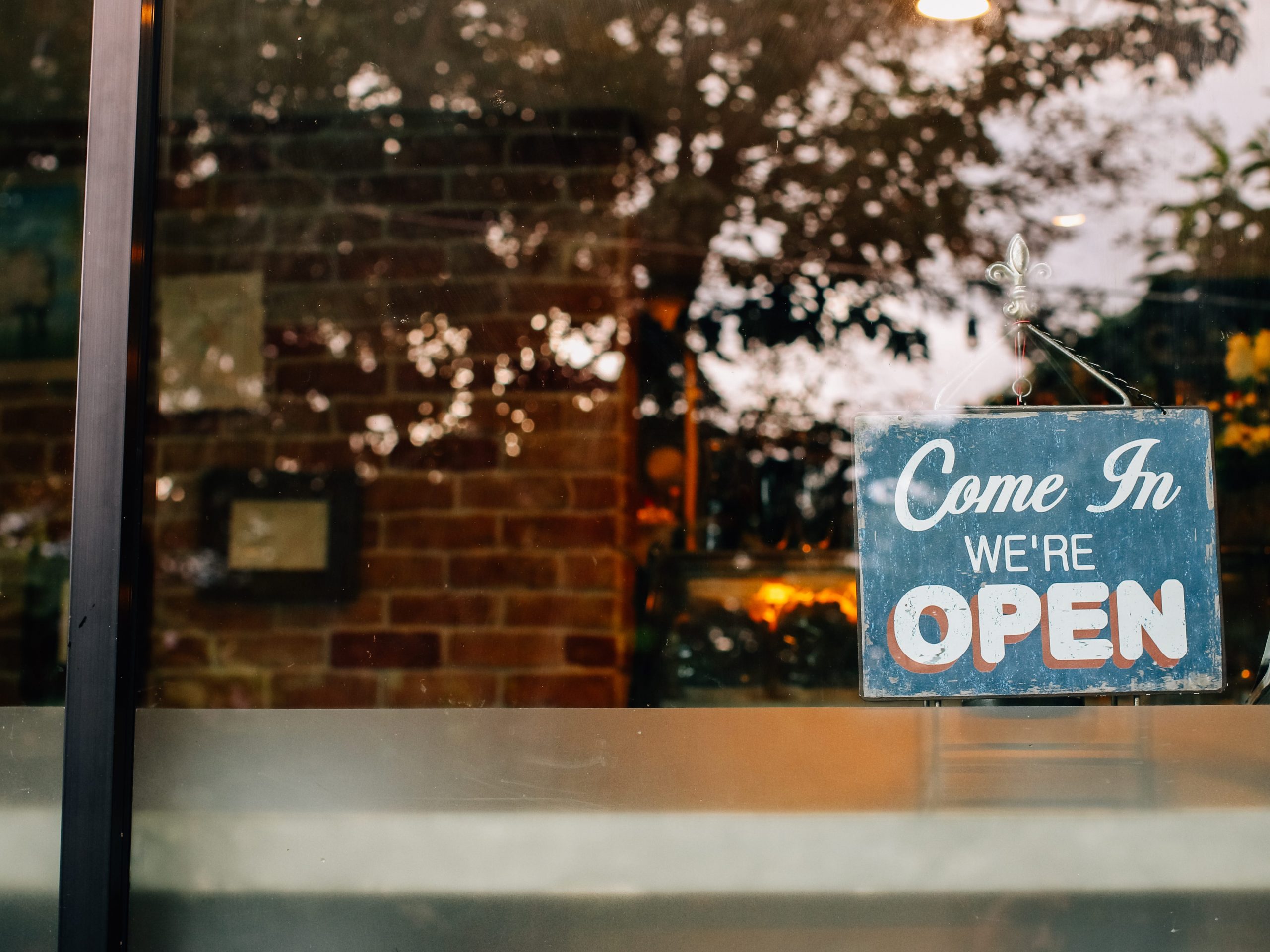
- As the US reopens, 57% of small businesses are now fully operating, a new report finds.
- The shift to online operations during the pandemic has helped small businesses continue generating revenue.
- As businesses look toward full recovery, experts say more government aid is still needed.
- See more stories on Insider's business page.
American small businesses have experienced significant revenue hits since COVID-19 began, but the majority are now fully open as shutdown restrictions lift across the country.
A report released on Wednesday by Kabbage – an American Express company – found that 57% of the more than 550 surveyed small businesses were fully open. The high reopening rate is partly due to a shift to online operations during the pandemic, with one-third of businesses saying they now exclusively sell online or have shifted to both online and in-person operations.
"The shift to online has reset revenue expectations across small businesses," the report said. "Prior to the pandemic, respondents said their average monthly online sales represented 37% of total revenue. As of February 2021, these numbers jumped to 57%, a 54% increase in less than one year."
Here are the other main findings of the report:
- 33% of small businesses plan to expand their digital operations, with only 15% saying they would scale down digital operations to the pre-pandemic level;
- The largest small businesses predicted a 46% growth in revenue for the next month, followed by medium-sized small businesses and the smallest companies at 40% and 13%, respectively;
- And 77% of small businesses agree they are more open than ever to take on new technologies to run their companies more efficiently.
The report also found that when looking toward a full recovery, 50% of respondents said paying their employees full wages without concern would indicate recovery, with 47% looking for the same levels of gross revenue and total daily transactions as pre-pandemic, and 39% looking for greater levels of customer demand and new business.
"As our economy recovers it's imperative all small businesses, especially those most marginalized and vulnerable, have equitable access to financial tools, systems and stimulus programs to ensure we all rebound from this crisis together," Rob Frohwein, co-founder of Kabbage, said in a statement.
Small business aid is also a priority for lawmakers. President Joe Biden's $1.9 trillion stimulus package set aside $50 billion in small business aid, and according to a report from nonpartisan think-tank Urban Institute released on Tuesday, while small businesses have continued paying their bills during the pandemic with the help of government aid, policymakers still need to do more.
"Let's find those businesses that really need to help," Brett Theodos, an Urban Institute senior fellow, told Insider. "Let's support entrepreneurial ecosystems where they're not well developed, let's help de-risk loans that really are high risk, let's overcome the race equity gap that exists and business ownership in this country, and let's be more intentional around our targeting."